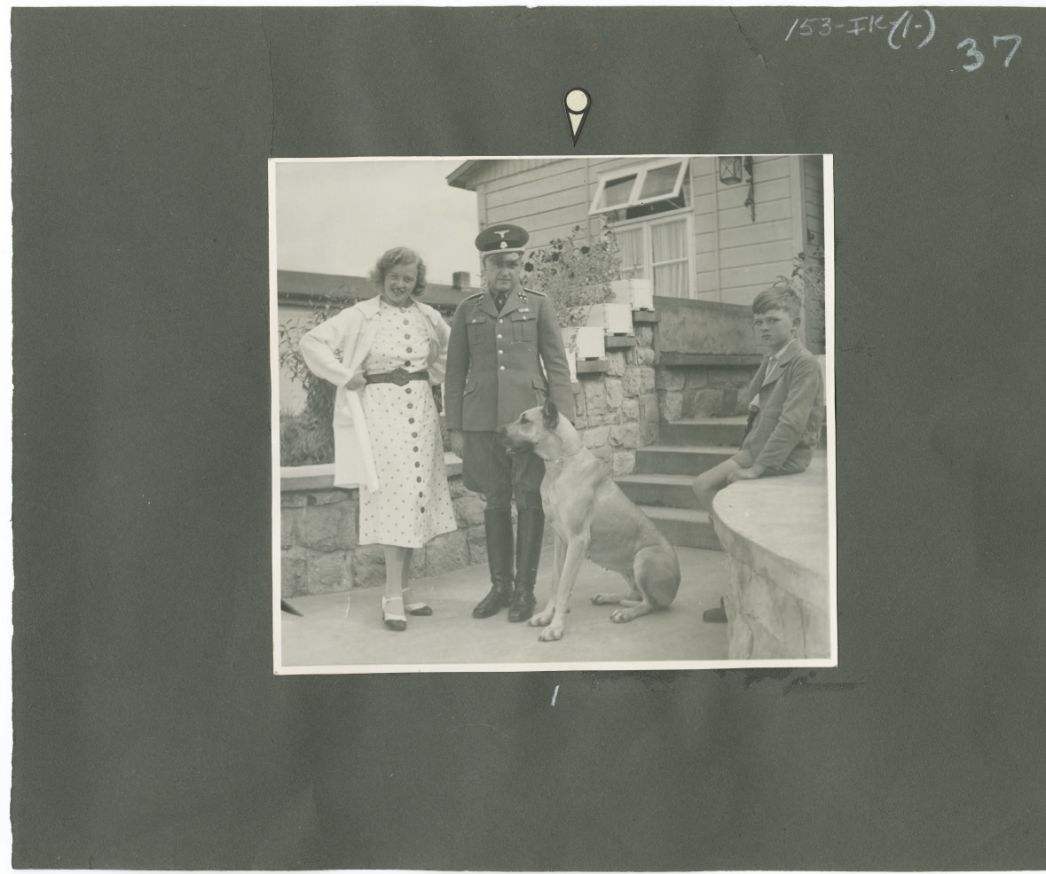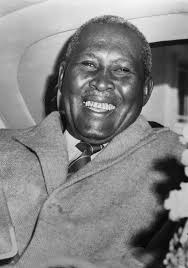Introduction
Ilse Koch, often referred to as the “Witch of Buchenwald,” is a name that evokes shock and horror, symbolizing the brutalities of the Holocaust. Her role as the wife of the commandant of the Buchenwald concentration camp makes her a significant figure in Holocaust discussions and studies on war crimes. Understanding her actions and their implications is crucial for comprehending the depths of human cruelty and the importance of memory in ensuring such atrocities never happen again.
Background and Rise to Notoriety
Born in 1919 in Dresden, Germany, Ilse Koch married Karl Otto Koch in 1936, who became the commandant of Buchenwald in 1937. Under her husband’s command, the camp became notorious for its inhumane conditions, and Ilse emerged as an even more infamous figure. She was said to have participated in the selection of prisoners for execution and was accused of using human skin to make items like lampshades and book covers – claims that contributed to her notoriety.
War Crimes Trials
After World War II, Ilse Koch was arrested by Allied forces and put on trial for war crimes. Her trial in 1947 was groundbreaking, becoming one of the first instances where a woman was tried for war crimes. The evidence against her was substantial yet controversial; while some accusations were substantiated, others were met with skepticism as the relentless conditions of wartime fueled sensationalism. Ultimately, she was sentenced to life in prison but was released after serving just a few years due to a retrial that examined the accusations more closely. Her later years were spent in relative obscurity until her death in 1967.
Legacy and Significance
Ilse Koch remains a polarizing figure in narratives about World War II and the Holocaust. Discussions around her actions raise vital questions about the nature of evil and complicity. Her story serves as a reminder of the consequences of unchecked power and the devastating impacts of hatred. Furthermore, her legacy invites ongoing discussions about the historical memory of the Holocaust, the importance of accountability for atrocities, and the need to educate future generations about these dark chapters in history.
Conclusion
The examination of Ilse Koch’s life and actions continues to resonate today, reminding us of the critical importance of remembering the past. Acknowledging such historical figures allows for reflection on moral responsibility and the pursuit of justice. As societies worldwide grapple with issues of hatred and intolerance, understanding the legacy of individuals like Koch is essential for fostering human rights and dignity for all.

